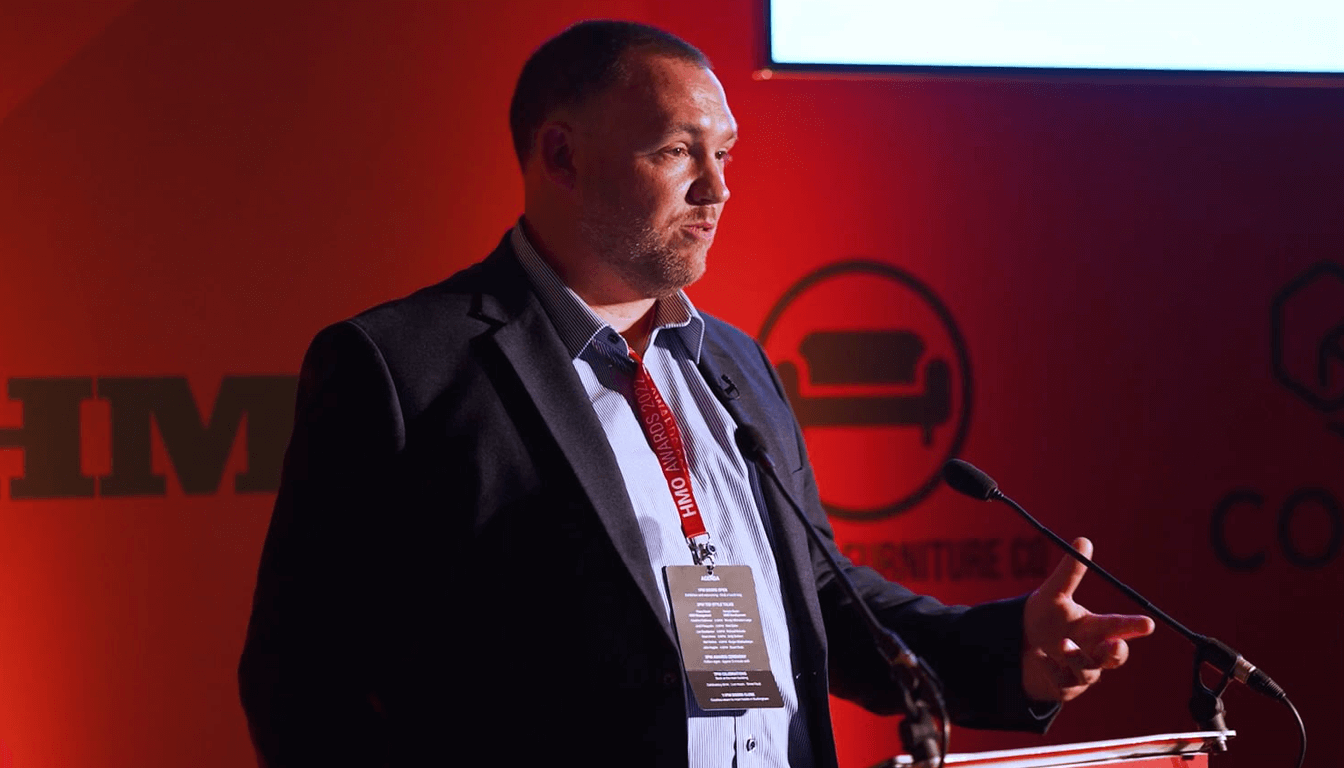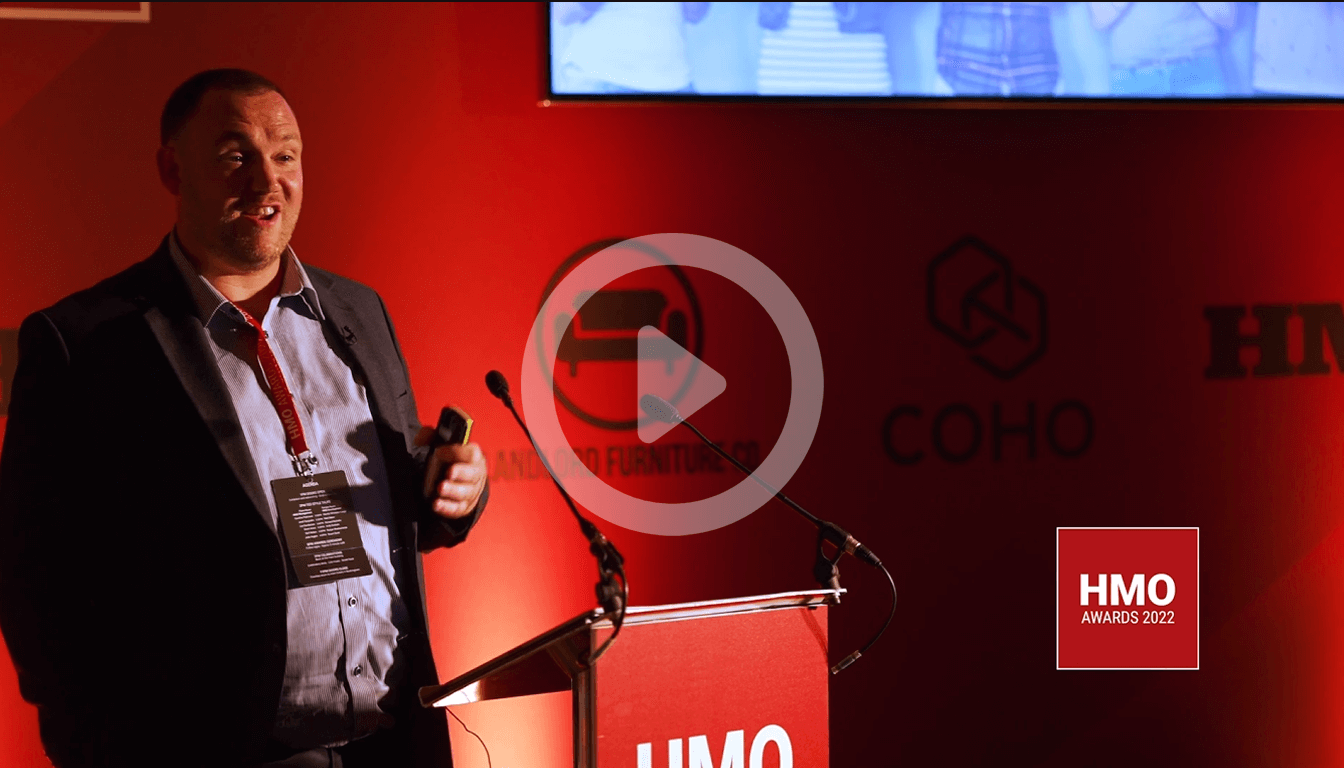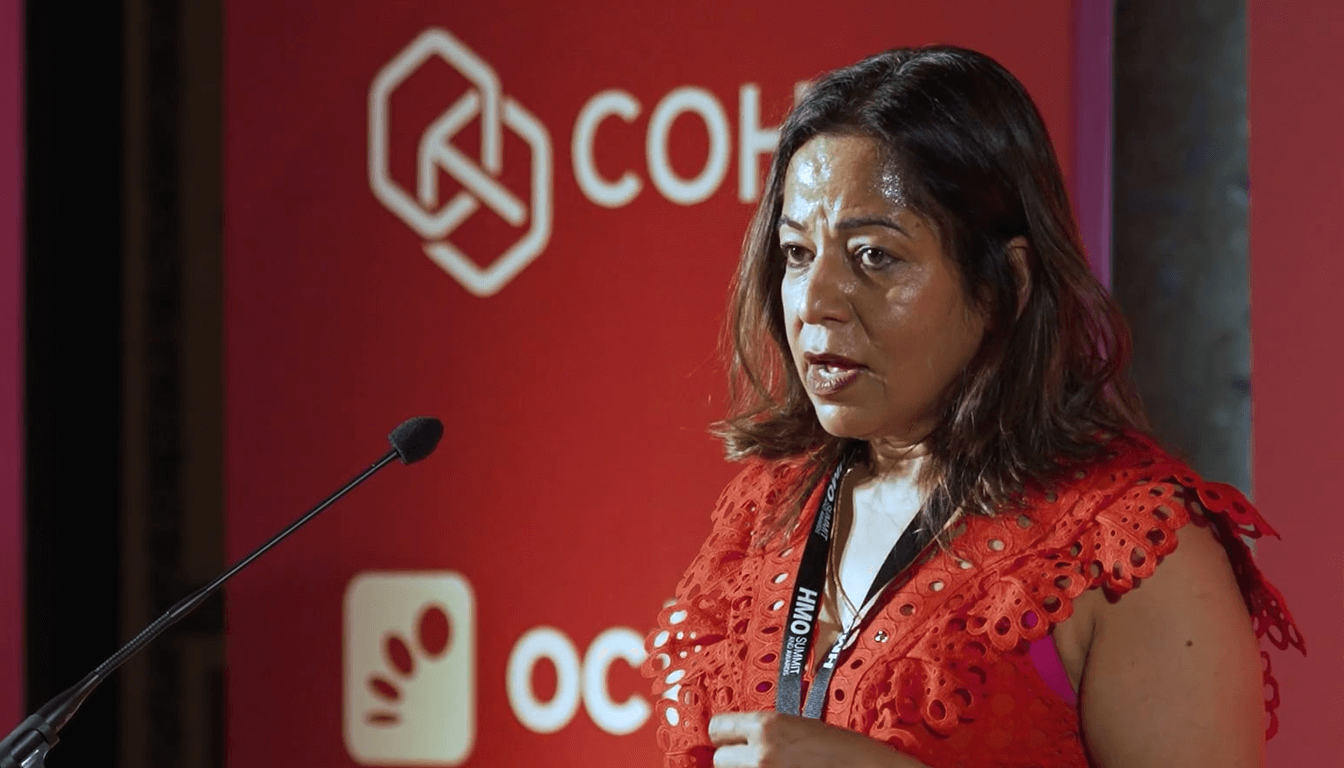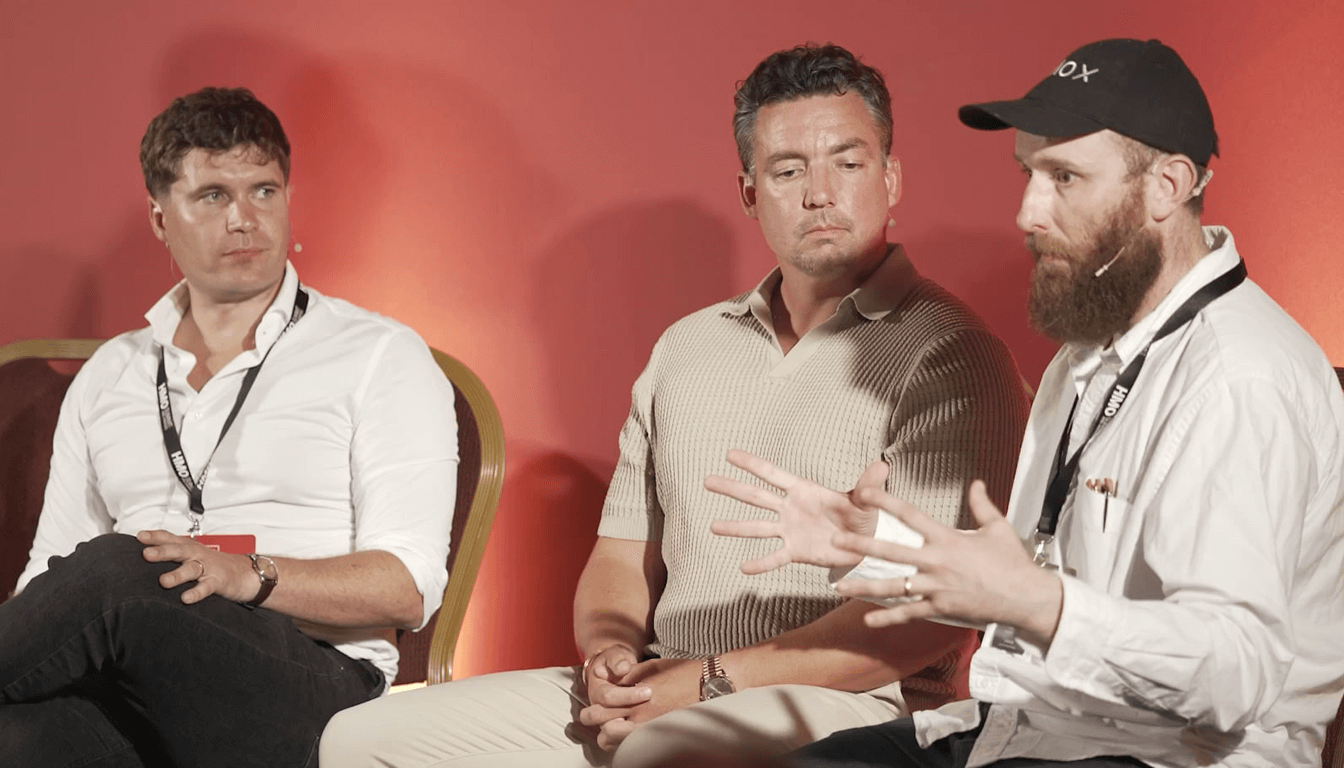In today’s dynamic rental landscape, customer expectations are evolving rapidly—especially in the world of House in Multiple Occupation (HMO). No longer is it enough to provide just a decent room and functional amenities. Today’s HMO residents, particularly from Generation Z, expect more: instant responses, emotional connection, consistent communication, and a seamless living experience that mirrors the service standards of top consumer brands. In this climate, customer experience (CX) isn’t just a buzzword—it’s the defining differentiator.
This article explores how shared living operators can transform their businesses by prioritizing CX—not as an afterthought, but as the cornerstone of scalable success. Drawing from an engaging keynote delivered at the HMO Awards 2022, we unpack why exceptional service makes the difference between being just another landlord and becoming a brand tenants rave about.
From Rent Collection to Happy Money
The concept of “happy money” challenges landlords to rethink how rent is received. Are tenants begrudging every payment, or do they see genuine value in the service offered? When tenants feel respected, heard, and supported, rent payments shift from a transactional obligation to a meaningful exchange. This reframe is crucial in an industry that has often focused solely on occupancy rates and yields.
As shared living evolves, so must our mindset—from viewing residents as passive tenants to active customers. In doing so, operators can build a more resilient and rewarding business model that fosters trust and long-term satisfaction.
The Rise of Instant Expectations
In an era of one-click purchases and same-day deliveries, patience is at an all-time low. Generation Z renters, raised in the age of Instagram and DoorDash, expect responsiveness, transparency, and speed in all areas of life—including housing. They may not understand why a minor repair isn’t urgent to a landlord, but to them, even cosmetic issues can signal poor service.
This generational shift presents an opportunity. Operators who meet these high expectations with efficient service, real-time updates, and seamless processes are not only retaining residents—they’re earning brand loyalty.
Why Feelings Matter More Than Features
As the keynote speaker emphasized, exceptional customer service isn’t about the room or the rent—it’s about how you make people feel. While amenities matter, it’s emotional experience that sticks. A tenant might forget the square footage of their room, but they’ll remember how quickly maintenance responded to a leak, or how supported they felt during move-in.
Customer experience, then, becomes your brand’s emotional currency. It defines how your business is perceived and determines whether your residents become brand ambassadors or vocal critics.
What the Top 10 CX Brands Teach Us
According to the Institute of Customer Service’s 2022 report, the UK’s highest-rated brands for customer experience share four traits: customer ethos, emotional connection, strong complaint handling, and a commitment to ethics. Surprisingly, local businesses often outperform national ones because of their personal touch and community values.
In the HMO world, that means your local presence, values, and responsiveness can be more powerful than a polished nationwide brand. In fact, the data shows:
- 45% of consumers prefer companies with strong local values.
- 35% are willing to pay more for better service.
This gives HMO operators a clear blueprint: elevate your service, lean into your community values, and price your offering to reflect the quality of experience you provide.
Culture, Mission, and the Power of Alignment
Top-performing companies don’t just train their staff—they align their entire team around a shared mission. Everyone, from the maintenance technician to the founder, should understand what the business stands for and how their role contributes to delivering exceptional customer experience.
When values and vision are clearly defined, they guide every decision—creating consistency and purpose at scale. For HMOs, this alignment means fewer mistakes, better team morale, and residents who feel that someone genuinely cares.
Serving at Times of Vulnerability
HMO tenants often move during pivotal or stressful life transitions: starting a new job, relocating to a city, or navigating a breakup. These are moments of vulnerability, and they shape how people remember their living experience.
Operators who recognize this emotional context can offer reassurance, clarity, and compassion—turning what could be a transactional process into a human-centred experience.
Great operators understand that they’re not just offering housing—they’re providing stability, trust, and peace of mind.
Beyond Bricks and Mortar
Yes, beautifully staged rooms and polished interiors matter. But in today’s market, design alone isn’t enough. Tenants crave communication. They want to know when a repair will be handled, who’s entering their space, and how to reach someone they trust.
Silence is the enemy of great service. Proactive updates, clarity around repairs, and a sense of control transform the resident experience from reactive to empowered.
Why Being “Middle of the Road” Is Risky
In a low-supply rental market, it’s easy to believe that just being decent is enough. But as competition rises and tenant expectations grow, vanilla offerings won’t cut it. If you’re not remarkable, you’re forgettable. And if you’re forgettable, you can only compete on price.
True differentiation lies in creating memorable moments—from a warm welcome to a thoughtful birthday note to lightning-fast maintenance. These moments earn Google reviews, referrals, and long-term trust.
Tech as a Bridge to Human Connection
Technology isn’t a replacement for human service—it’s a tool to elevate it. Automate the admin: rent collection, maintenance tracking, scheduling. Then reinvest that saved time into human moments: thoughtful onboarding, surprise-and-delight touches, real conversations.
In a high-tech, low-touch world, operators who balance automation with empathy will rise to the top.
Building for the Top 5%
Aspiring to serve the top 5% of the rental market isn’t just about price—it’s about attitude, design, communication, and consistent excellence. High-caliber tenants value service. They expect clarity, transparency, and emotional connection—and they’re willing to pay for it.
Operators who adopt this mindset and develop internal systems to deliver on it will find themselves at the forefront of the HMO movement.
Final Thoughts: The CX Advantage
Customer experience is no longer optional. It’s the invisible thread that runs through every aspect of your business—from branding to repairs, from onboarding to renewals. Those who invest in it now will not only fill rooms faster but will build loyal communities, higher margins, and future-proofed brands.
In the fast-changing HMO landscape, where price pressures and legislative shifts continue to reshape the game, CX remains your most durable competitive advantage.
The question is: how do you want your tenants to feel when they hand over their rent each month? The answer could define the future of your business.
In today’s dynamic rental landscape, customer expectations are evolving rapidly—especially in the world of House in Multiple Occupation (HMO). No longer is it enough to provide just a decent room and functional amenities. Today’s HMO residents, particularly from Generation Z, expect more: instant responses, emotional connection, consistent communication, and a seamless living experience that mirrors the service standards of top consumer brands. In this climate, customer experience (CX) isn’t just a buzzword—it’s the defining differentiator.
This article explores how shared living operators can transform their businesses by prioritizing CX—not as an afterthought, but as the cornerstone of scalable success. Drawing from an engaging keynote delivered at the HMO Awards 2022, we unpack why exceptional service makes the difference between being just another landlord and becoming a brand tenants rave about.
From Rent Collection to Happy Money
The concept of “happy money” challenges landlords to rethink how rent is received. Are tenants begrudging every payment, or do they see genuine value in the service offered? When tenants feel respected, heard, and supported, rent payments shift from a transactional obligation to a meaningful exchange. This reframe is crucial in an industry that has often focused solely on occupancy rates and yields.
As shared living evolves, so must our mindset—from viewing residents as passive tenants to active customers. In doing so, operators can build a more resilient and rewarding business model that fosters trust and long-term satisfaction.
The Rise of Instant Expectations
In an era of one-click purchases and same-day deliveries, patience is at an all-time low. Generation Z renters, raised in the age of Instagram and DoorDash, expect responsiveness, transparency, and speed in all areas of life—including housing. They may not understand why a minor repair isn’t urgent to a landlord, but to them, even cosmetic issues can signal poor service.
This generational shift presents an opportunity. Operators who meet these high expectations with efficient service, real-time updates, and seamless processes are not only retaining residents—they’re earning brand loyalty.
Why Feelings Matter More Than Features
As the keynote speaker emphasized, exceptional customer service isn’t about the room or the rent—it’s about how you make people feel. While amenities matter, it’s emotional experience that sticks. A tenant might forget the square footage of their room, but they’ll remember how quickly maintenance responded to a leak, or how supported they felt during move-in.
Customer experience, then, becomes your brand’s emotional currency. It defines how your business is perceived and determines whether your residents become brand ambassadors or vocal critics.
What the Top 10 CX Brands Teach Us
According to the Institute of Customer Service’s 2022 report, the UK’s highest-rated brands for customer experience share four traits: customer ethos, emotional connection, strong complaint handling, and a commitment to ethics. Surprisingly, local businesses often outperform national ones because of their personal touch and community values.
In the HMO world, that means your local presence, values, and responsiveness can be more powerful than a polished nationwide brand. In fact, the data shows:
- 45% of consumers prefer companies with strong local values.
- 35% are willing to pay more for better service.
This gives HMO operators a clear blueprint: elevate your service, lean into your community values, and price your offering to reflect the quality of experience you provide.
Culture, Mission, and the Power of Alignment
Top-performing companies don’t just train their staff—they align their entire team around a shared mission. Everyone, from the maintenance technician to the founder, should understand what the business stands for and how their role contributes to delivering exceptional customer experience.
When values and vision are clearly defined, they guide every decision—creating consistency and purpose at scale. For HMOs, this alignment means fewer mistakes, better team morale, and residents who feel that someone genuinely cares.
Serving at Times of Vulnerability
HMO tenants often move during pivotal or stressful life transitions: starting a new job, relocating to a city, or navigating a breakup. These are moments of vulnerability, and they shape how people remember their living experience.
Operators who recognize this emotional context can offer reassurance, clarity, and compassion—turning what could be a transactional process into a human-centred experience.
Great operators understand that they’re not just offering housing—they’re providing stability, trust, and peace of mind.
Beyond Bricks and Mortar
Yes, beautifully staged rooms and polished interiors matter. But in today’s market, design alone isn’t enough. Tenants crave communication. They want to know when a repair will be handled, who’s entering their space, and how to reach someone they trust.
Silence is the enemy of great service. Proactive updates, clarity around repairs, and a sense of control transform the resident experience from reactive to empowered.
Why Being “Middle of the Road” Is Risky
In a low-supply rental market, it’s easy to believe that just being decent is enough. But as competition rises and tenant expectations grow, vanilla offerings won’t cut it. If you’re not remarkable, you’re forgettable. And if you’re forgettable, you can only compete on price.
True differentiation lies in creating memorable moments—from a warm welcome to a thoughtful birthday note to lightning-fast maintenance. These moments earn Google reviews, referrals, and long-term trust.
Tech as a Bridge to Human Connection
Technology isn’t a replacement for human service—it’s a tool to elevate it. Automate the admin: rent collection, maintenance tracking, scheduling. Then reinvest that saved time into human moments: thoughtful onboarding, surprise-and-delight touches, real conversations.
In a high-tech, low-touch world, operators who balance automation with empathy will rise to the top.
Building for the Top 5%
Aspiring to serve the top 5% of the rental market isn’t just about price—it’s about attitude, design, communication, and consistent excellence. High-caliber tenants value service. They expect clarity, transparency, and emotional connection—and they’re willing to pay for it.
Operators who adopt this mindset and develop internal systems to deliver on it will find themselves at the forefront of the HMO movement.
Final Thoughts: The CX Advantage
Customer experience is no longer optional. It’s the invisible thread that runs through every aspect of your business—from branding to repairs, from onboarding to renewals. Those who invest in it now will not only fill rooms faster but will build loyal communities, higher margins, and future-proofed brands.
In the fast-changing HMO landscape, where price pressures and legislative shifts continue to reshape the game, CX remains your most durable competitive advantage.
The question is: how do you want your tenants to feel when they hand over their rent each month? The answer could define the future of your business.









